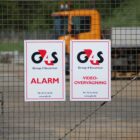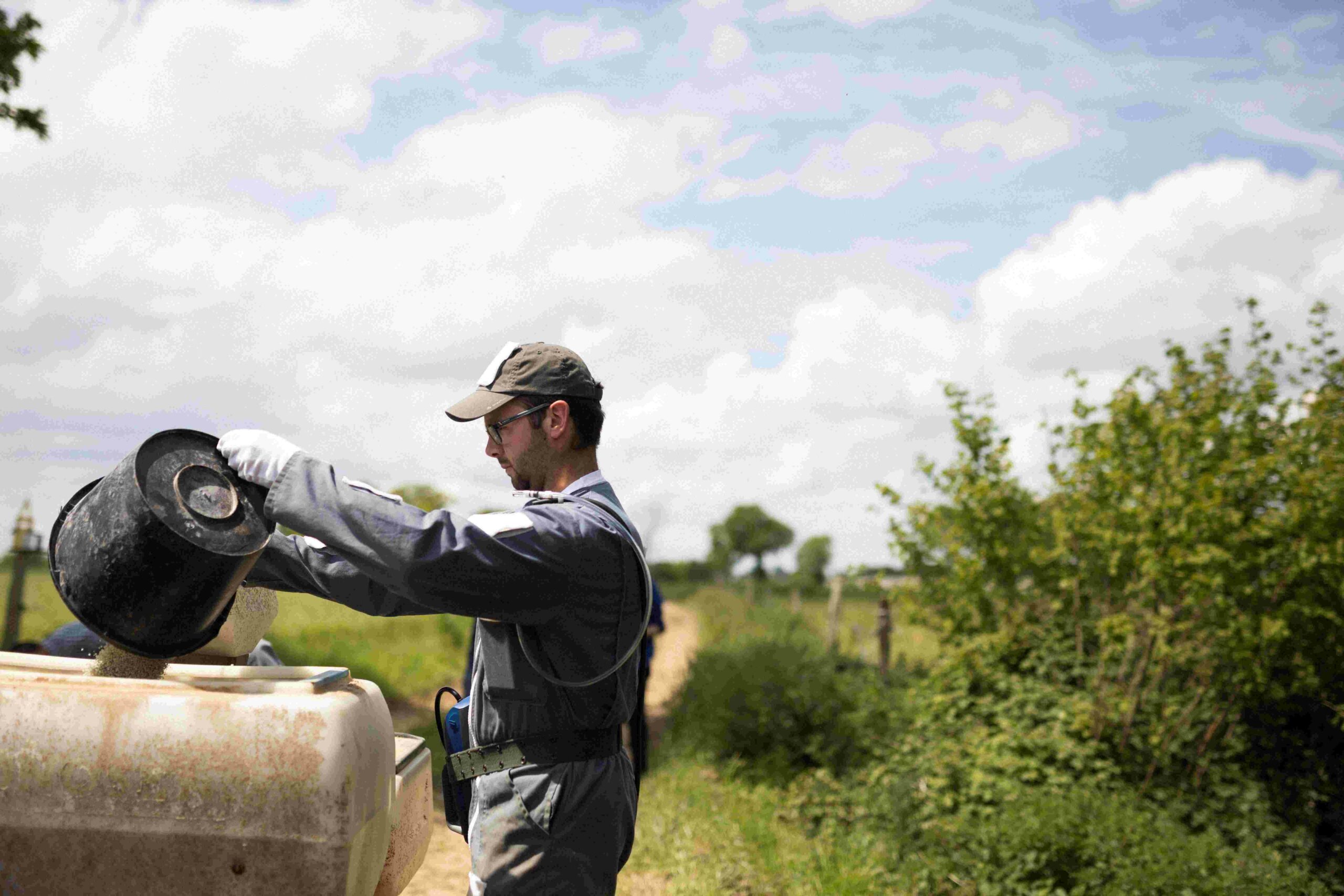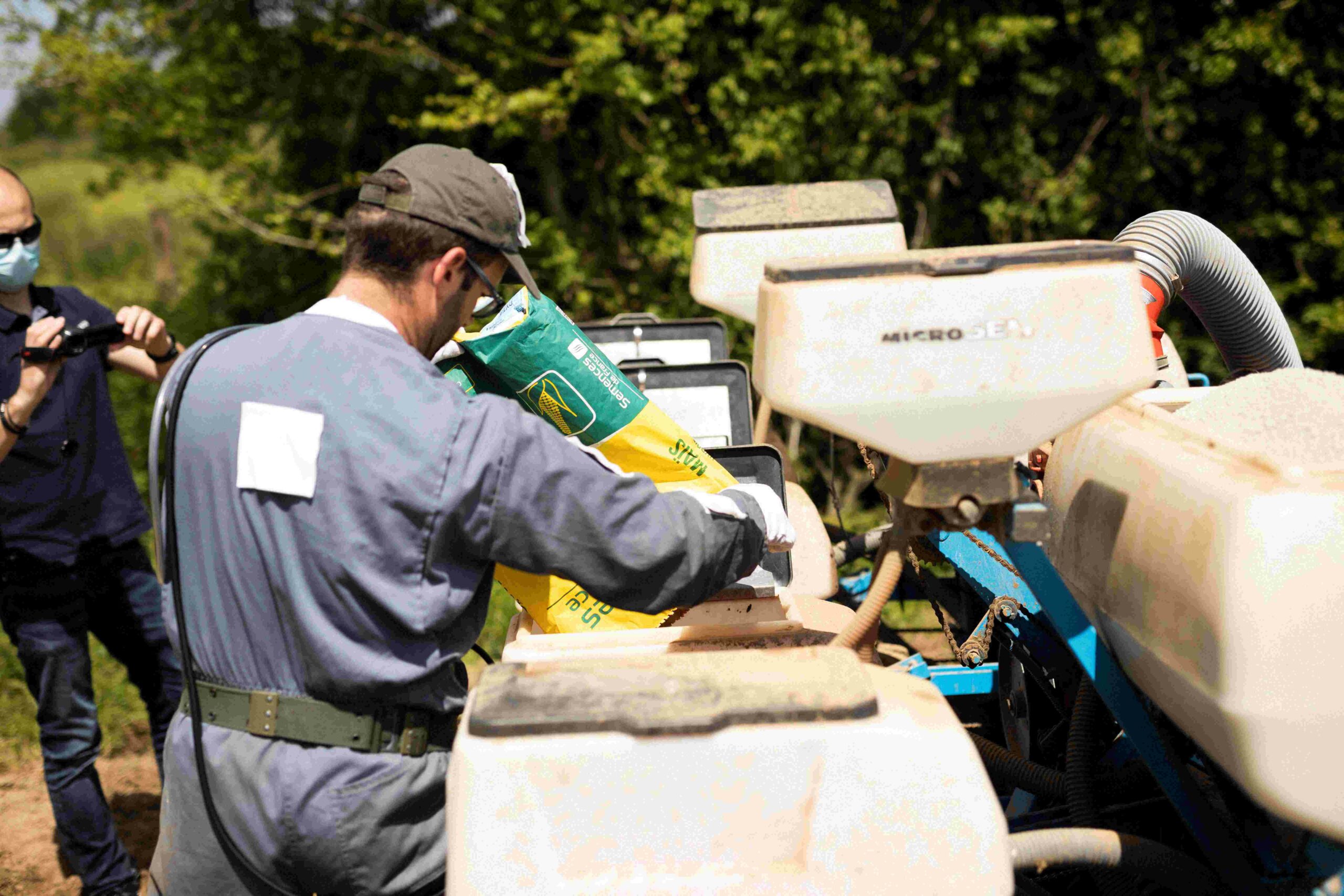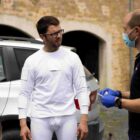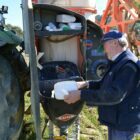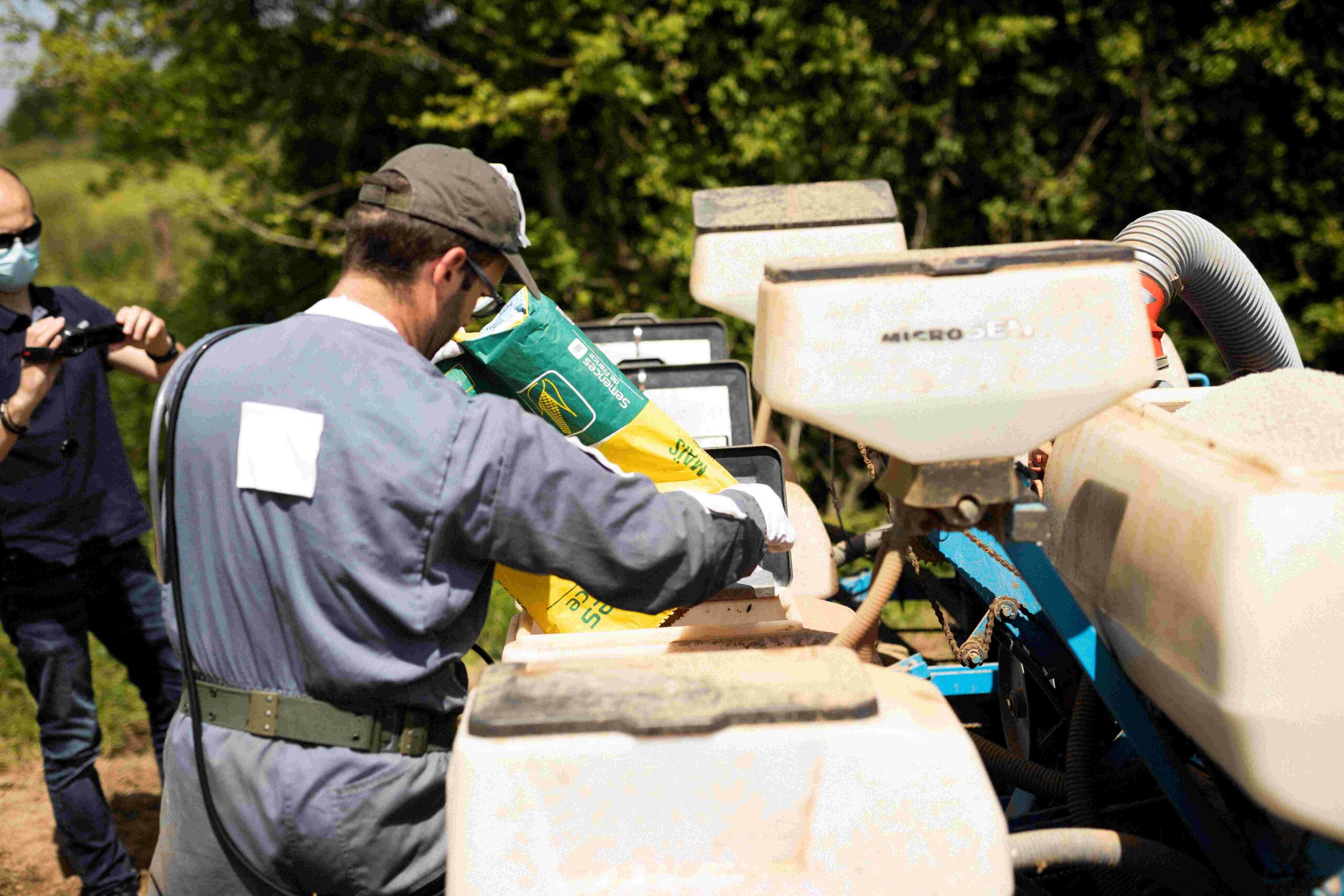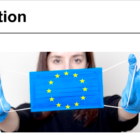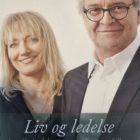Investigations
The human cost on G4S’ watch
|
What is the cost of security companies such as G4S? One way of calculating the harm is counting the dead and injured. Around the globe, G4S has been in the spotlight regarding its sometimes controversial involvement in conflict zones, its prison operations and its treatment of employees. Photo by Lars Schmidt / Creative CommonsAttribution 3.0
“The protest ended with a couple of people getting shot and many more injured by security guards using a baton. Some were hit in the head, some in the hand.
